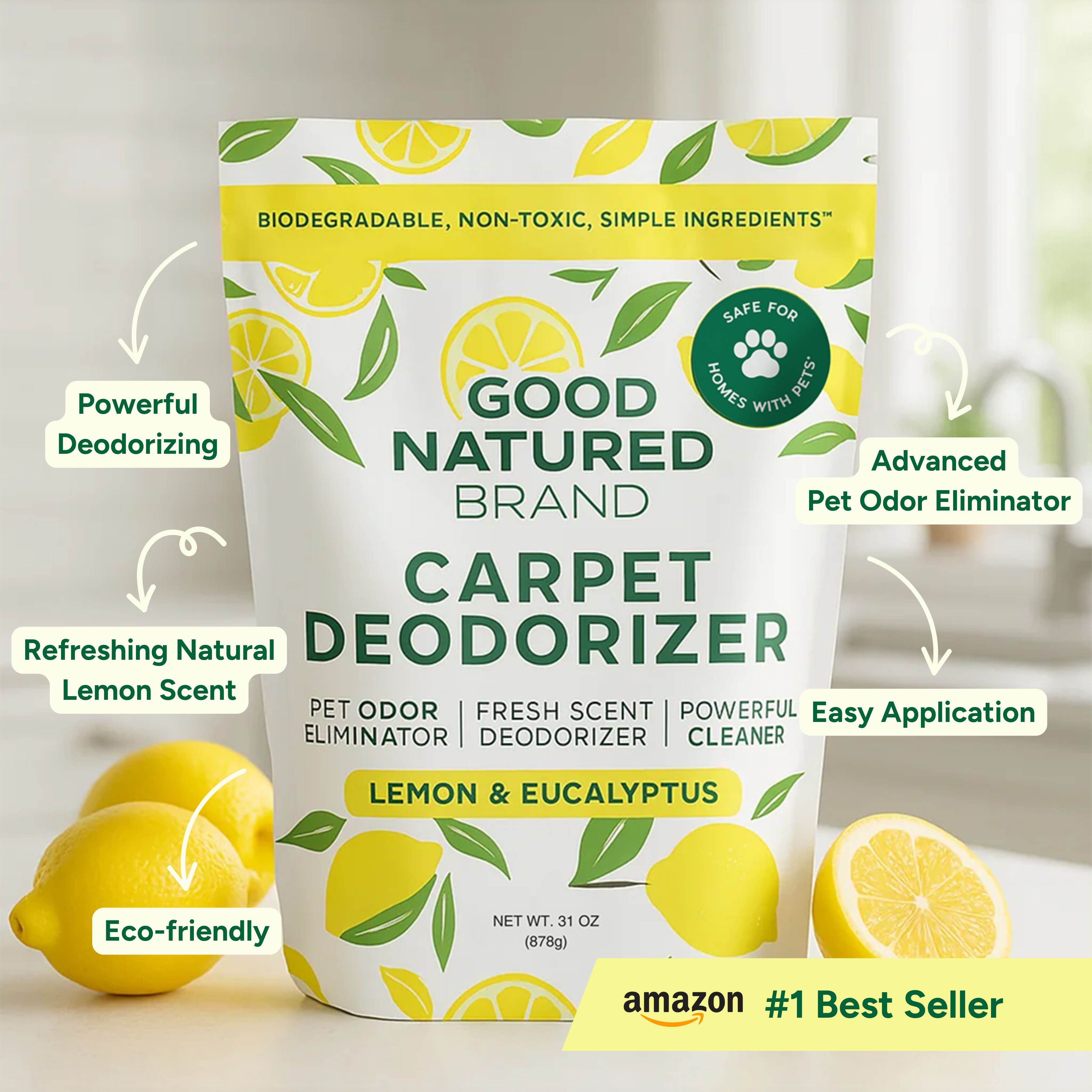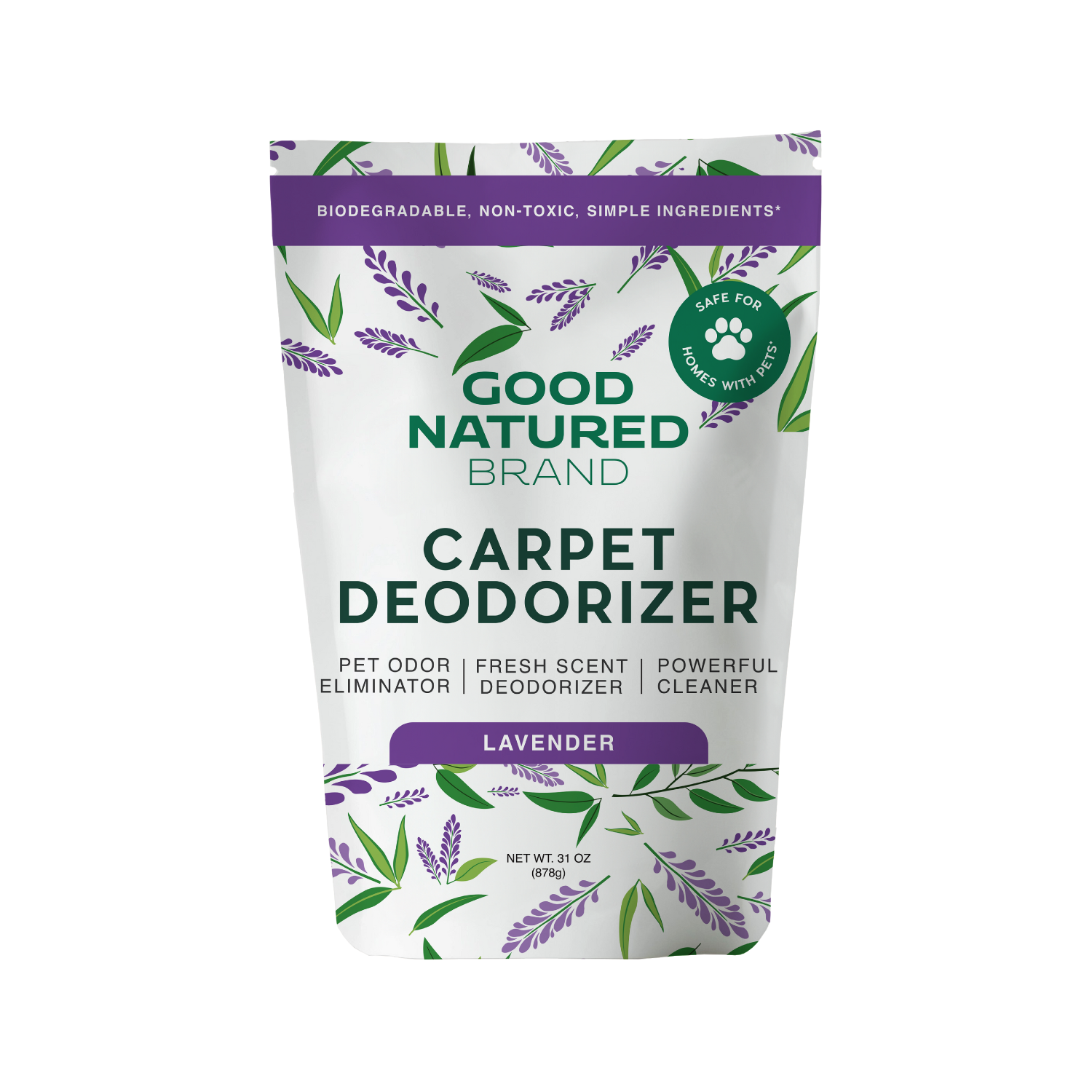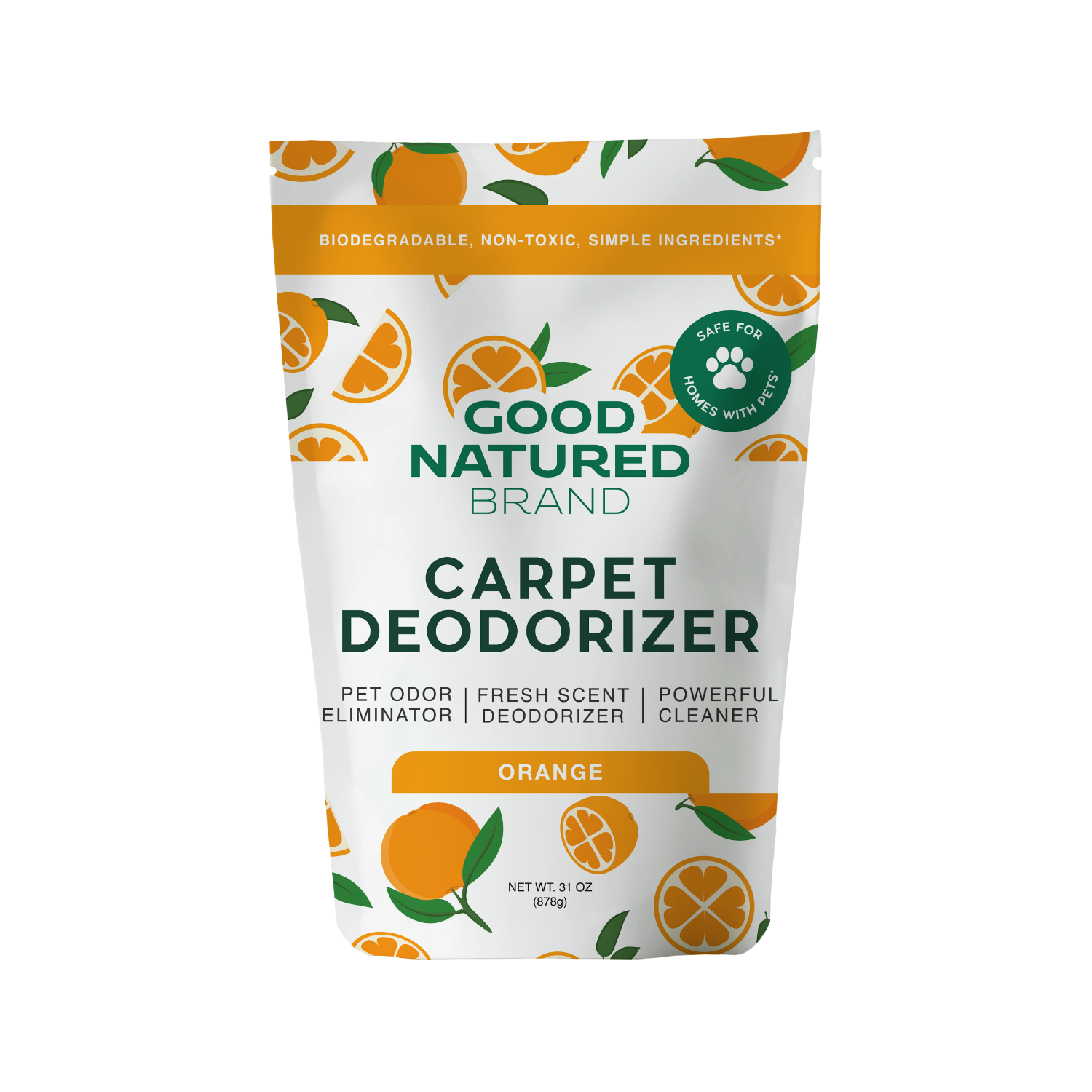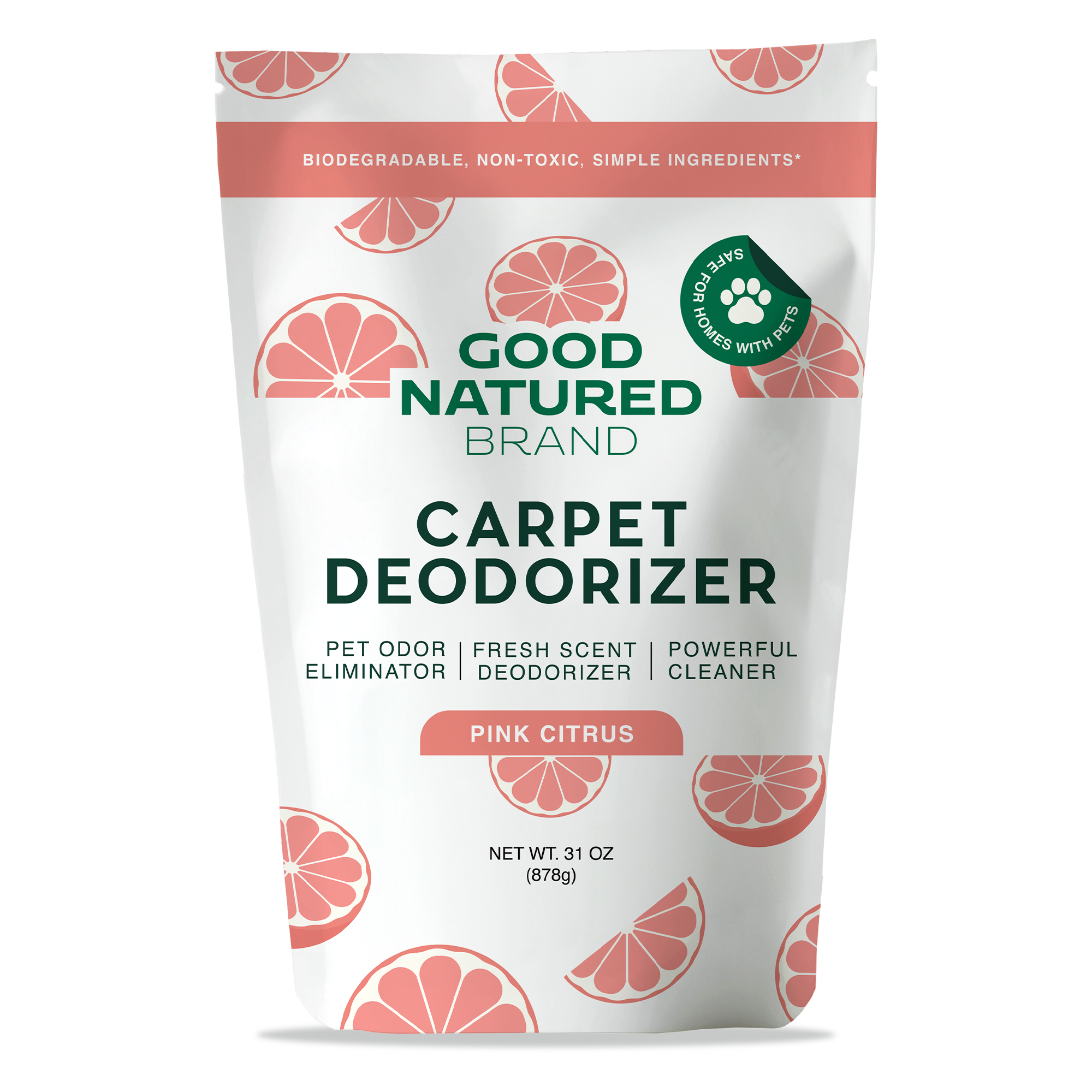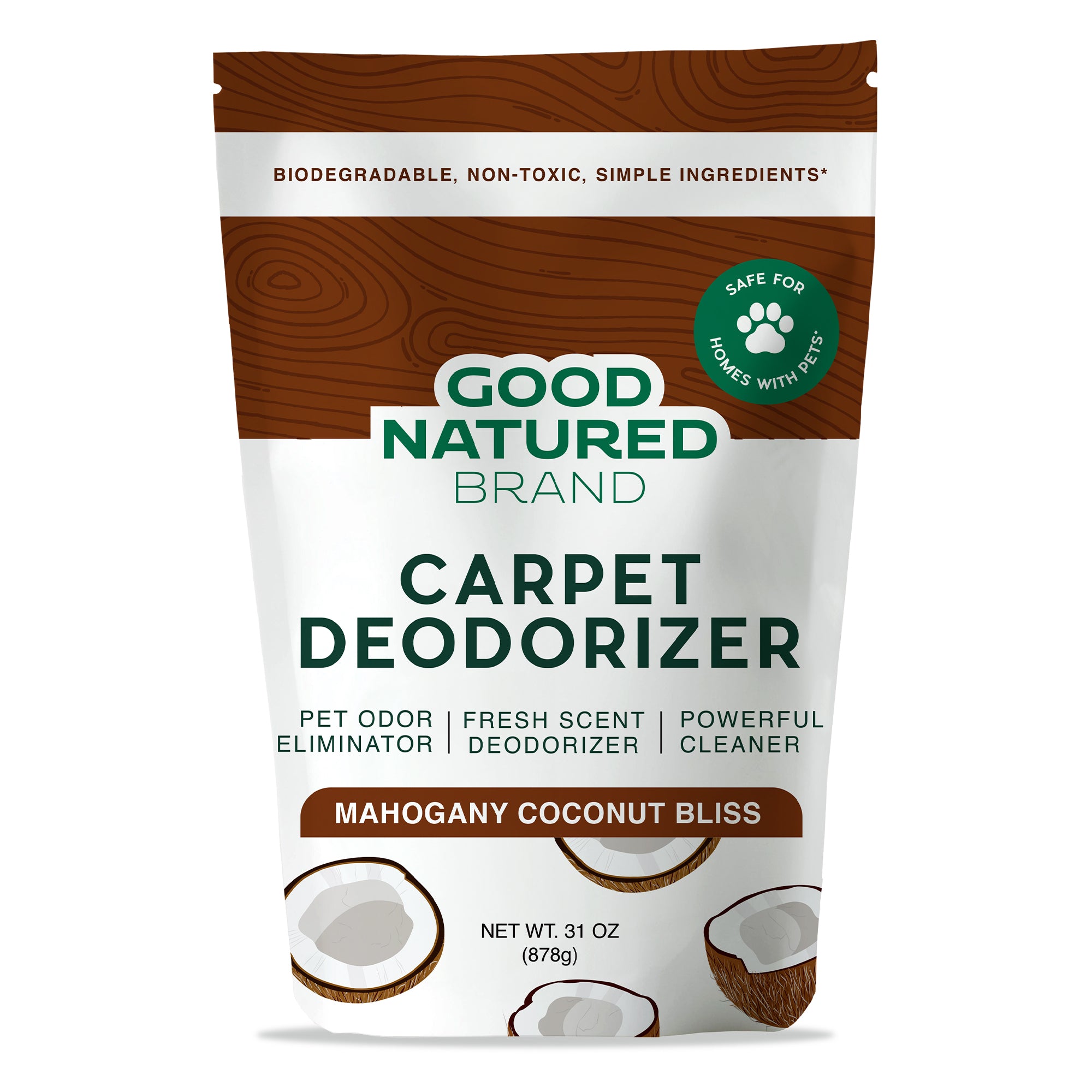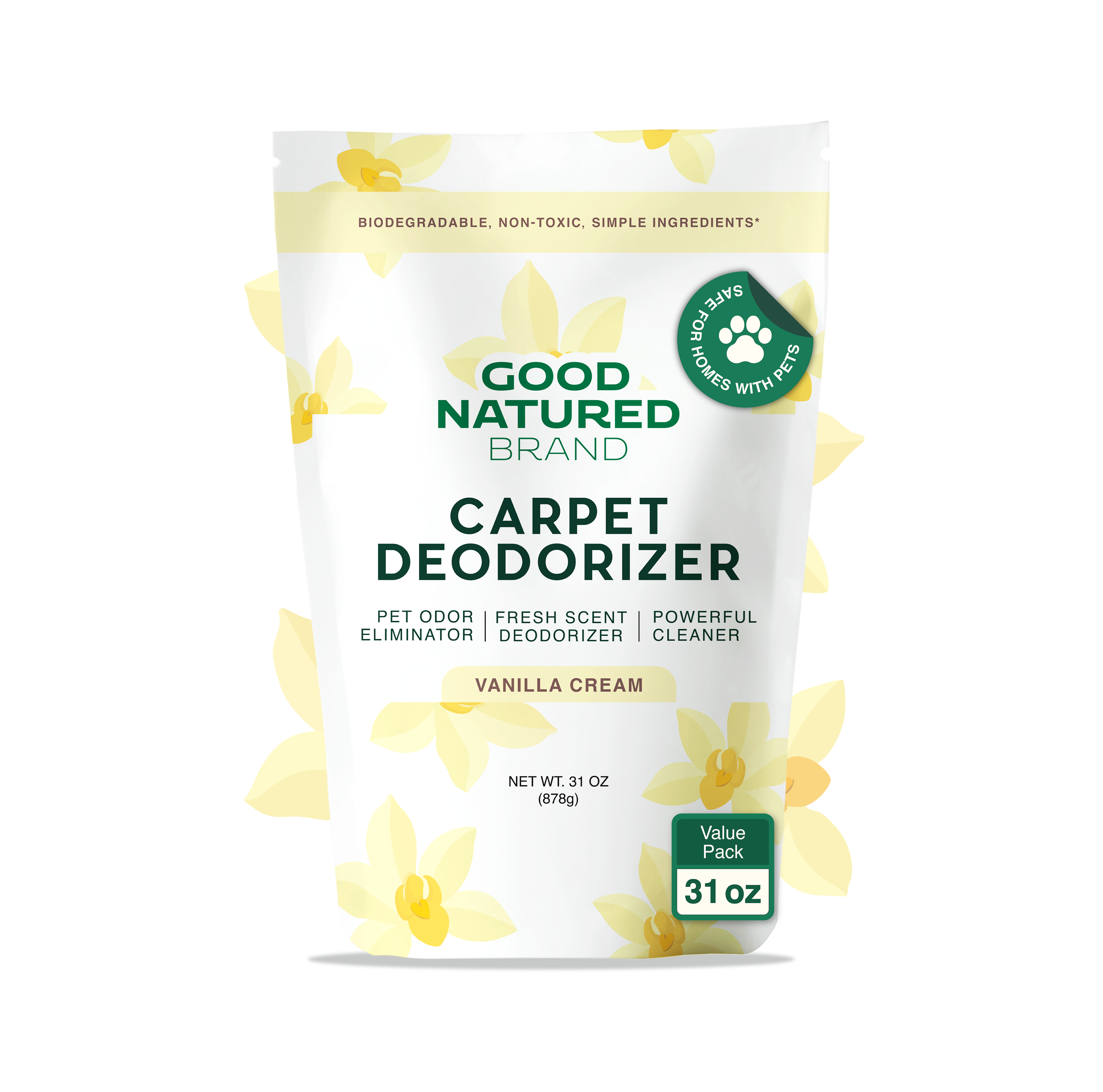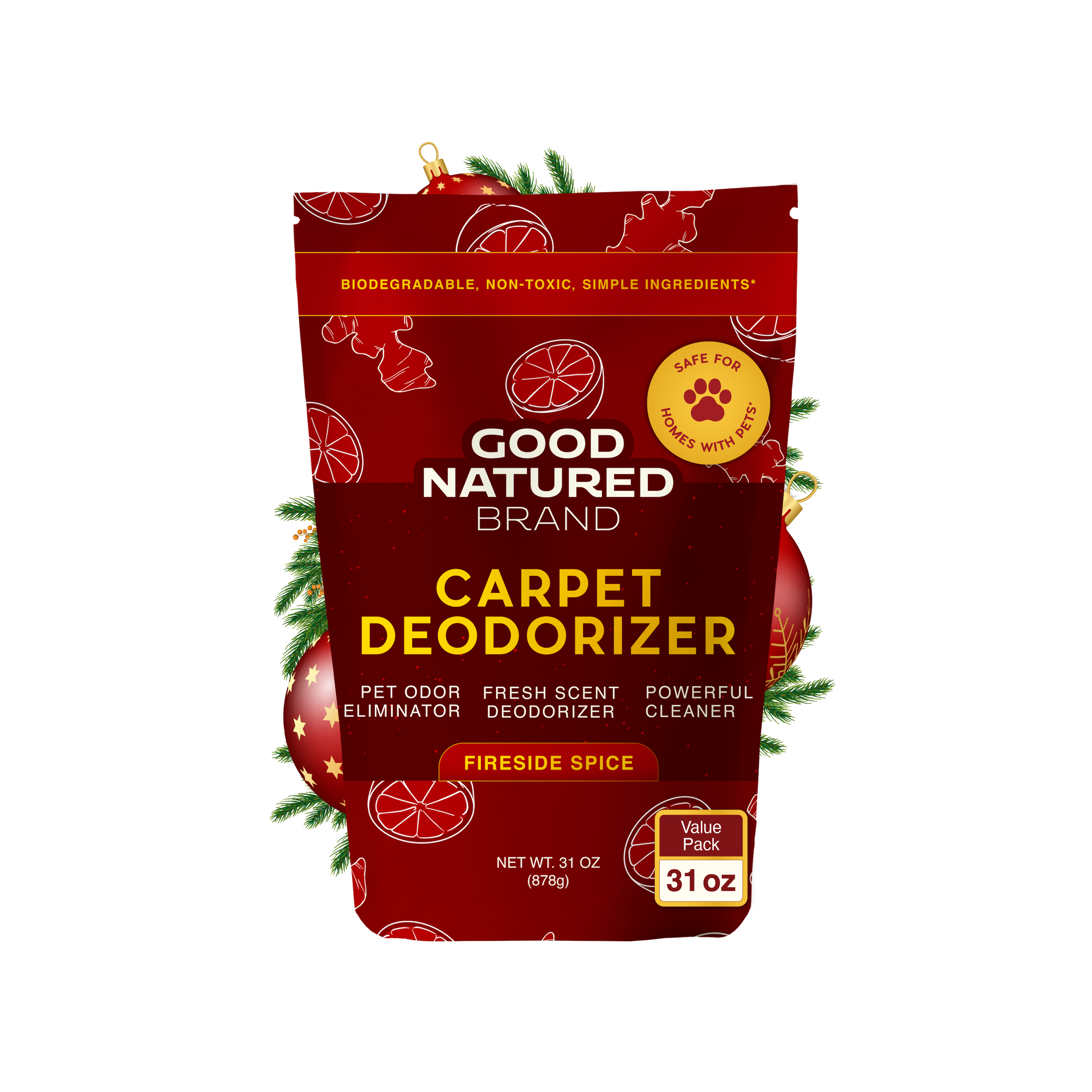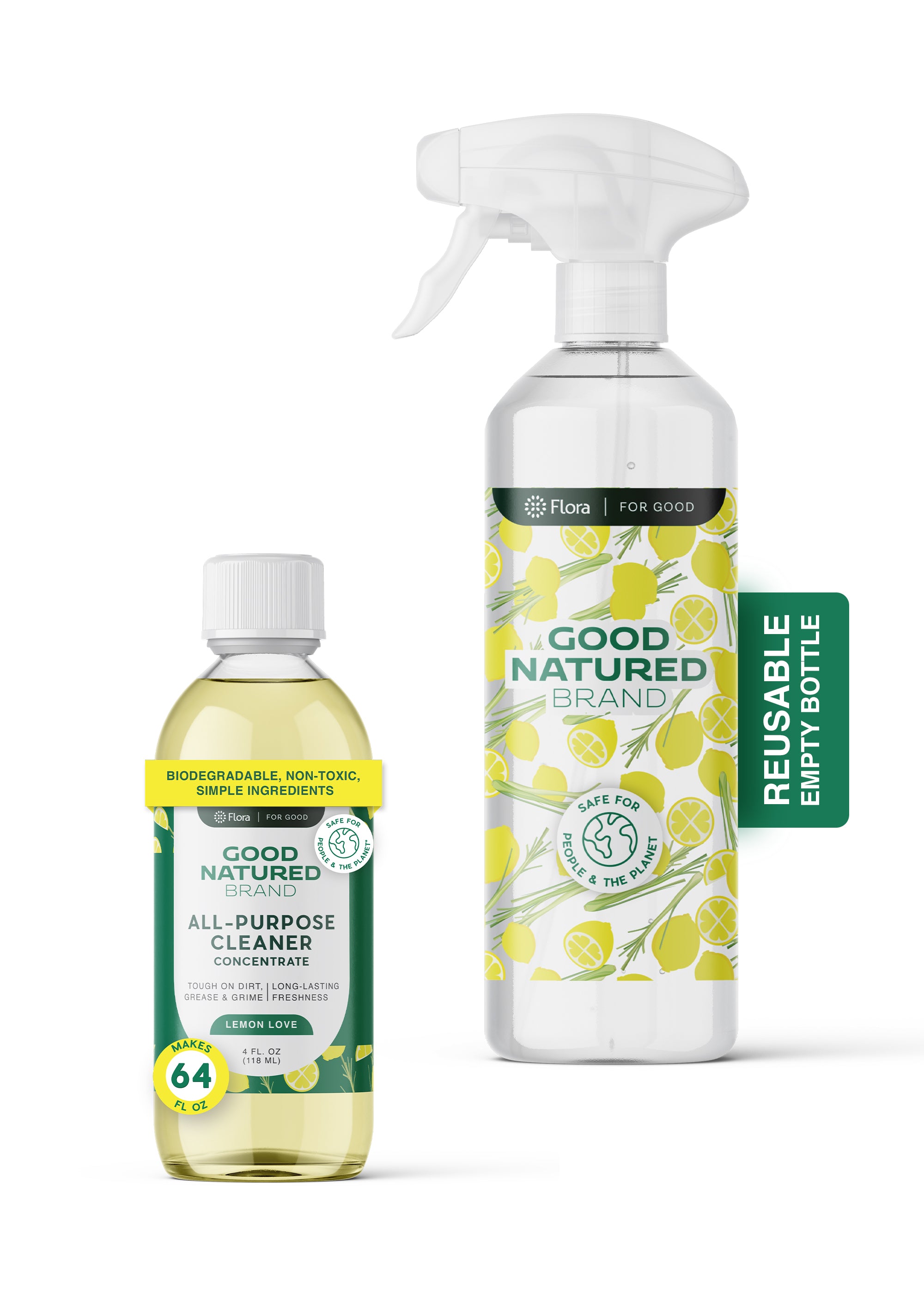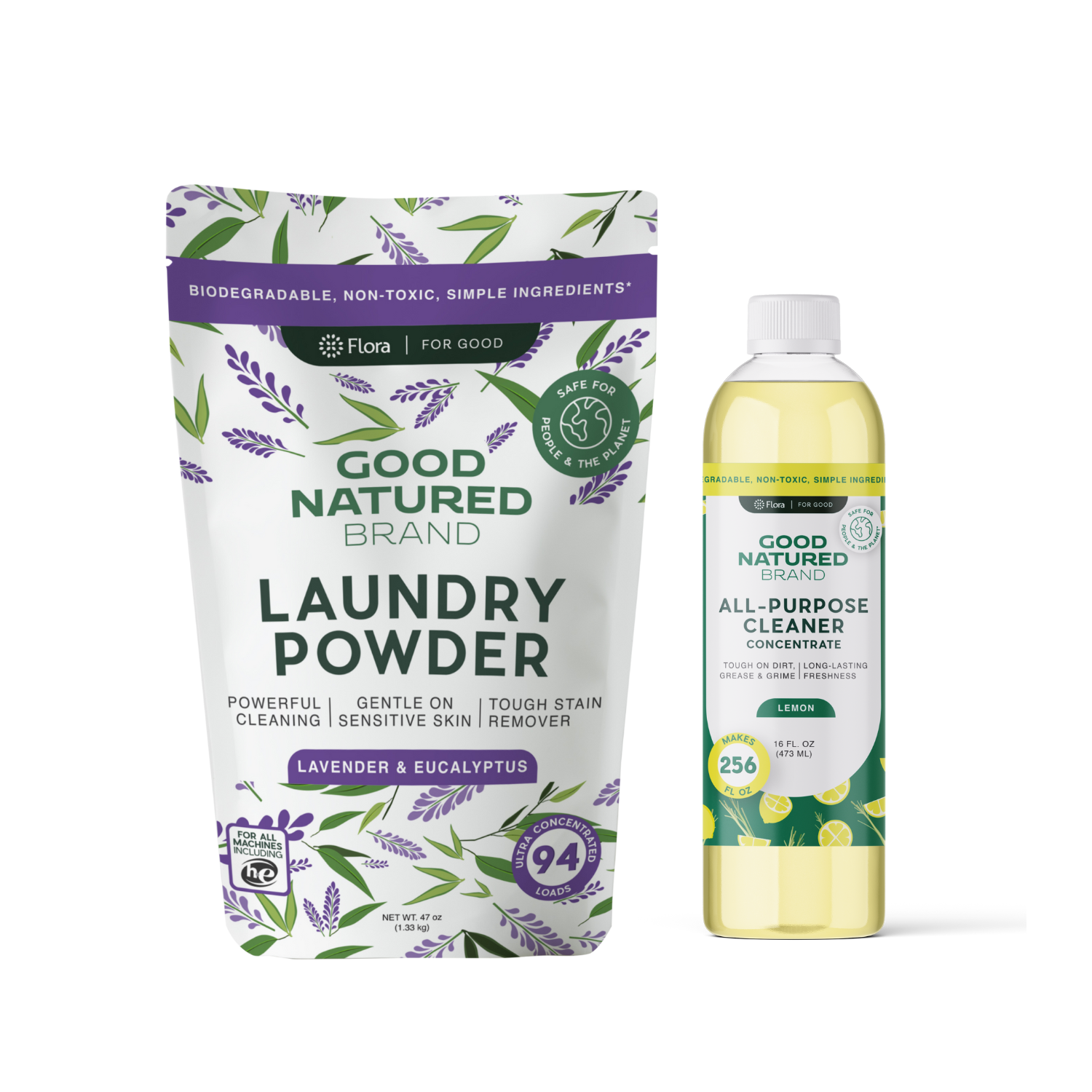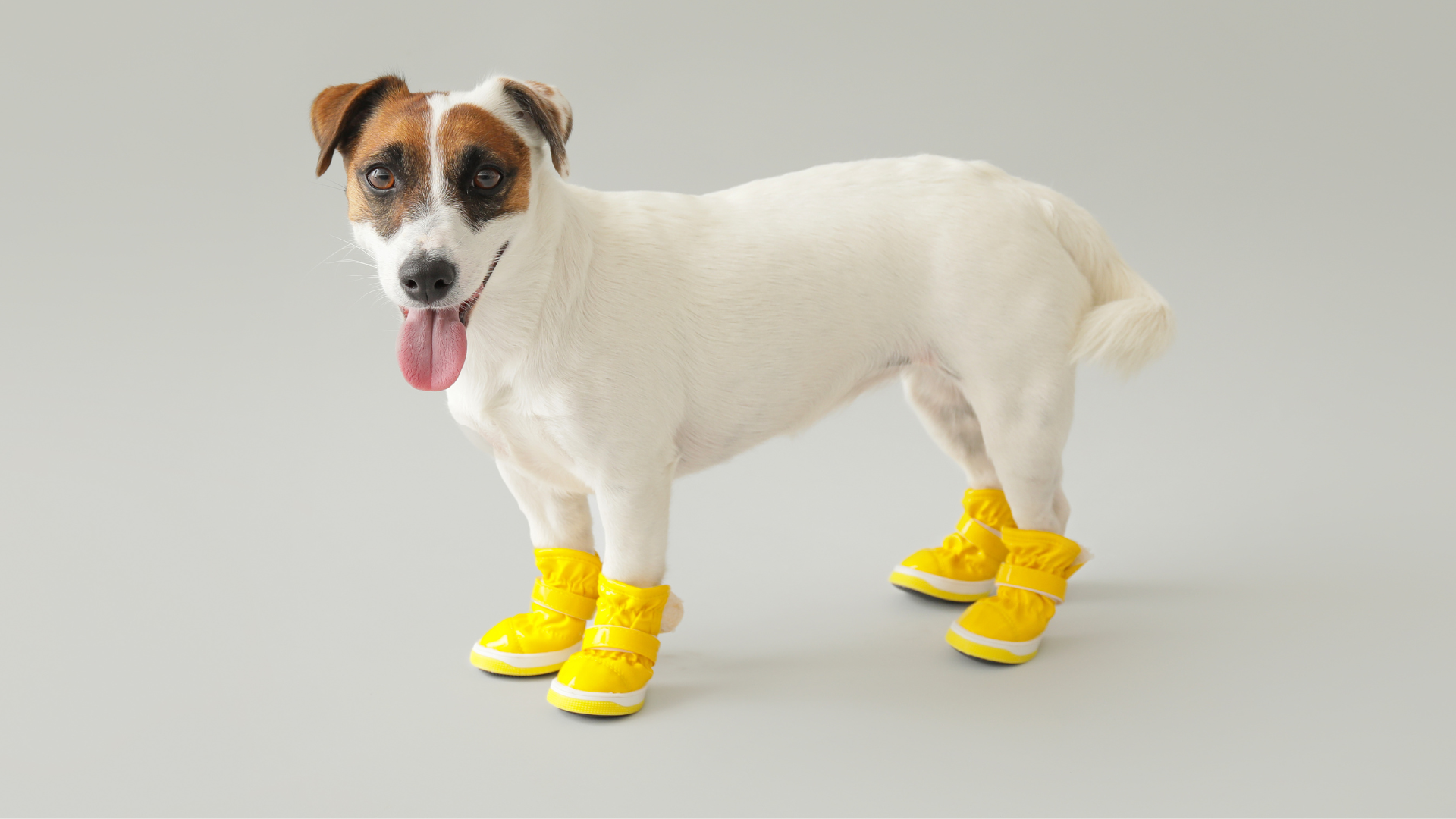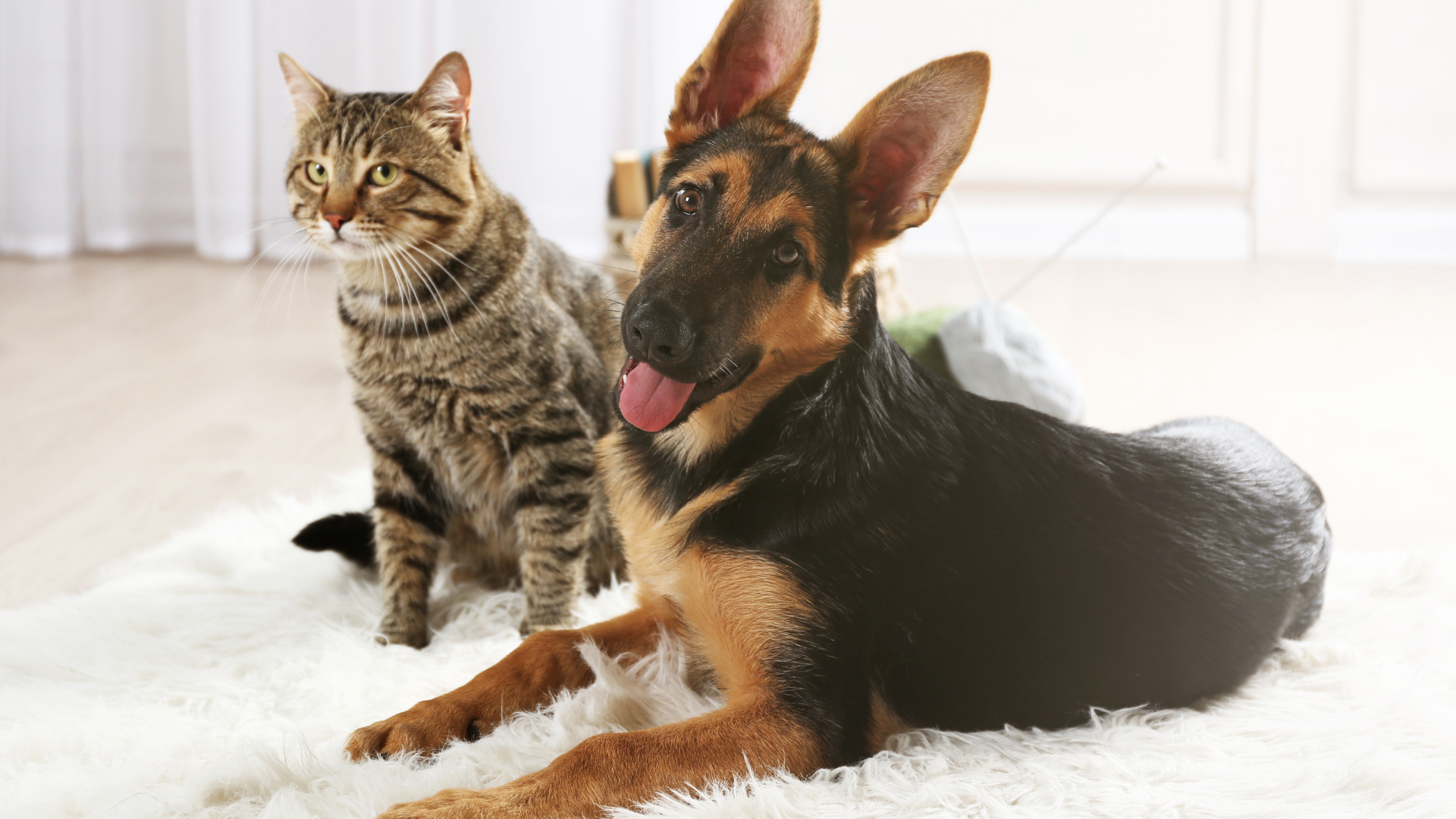In the eye-opening YouTube video titled “Why Animals Help Each Other” by the channel TED-Ed, we’re invited to rethink everything we’ve been told about “survival of the fittest.” Contrary to the popular image of nature as a brutal battlefield, the video explores real-world examples of cooperation, altruism, and kindness in the animal kingdom that challenge traditional evolutionary narratives.
From humpback whales rescuing seals to vampire bats sharing meals, the video sheds light on how nature often favors cooperation over conflict. It’s a lesson we can apply to our own homes and habits—including how we care for our families, pets, and planet. Whether you’re passionate about sustainability or simply curious about the natural world, this exploration of animal behavior might just change how you think about survival, success, and kindness.
How Animals Defy the “Every Creature for Itself” Myth
We’re often told that evolution favors only the strongest and most self-serving individuals. But nature tells a more nuanced story. According to TED-Ed, many animals engage in seemingly selfless acts that, upon closer inspection, actually enhance their chances of survival in complex ways.
Take humpback whales, for instance. These massive creatures have been repeatedly observed intervening to save seals from killer whales—despite the risk and the lack of a clear personal benefit. Scientists call this type of behavior altruism, and it turns out it's not as rare in the wild as we once believed.
These moments of interspecies kindness challenge the rigid view of survival that excludes empathy, cooperation, or self-sacrifice. Instead, they point to a broader understanding of fitness—one that values the ability to thrive through relationships and social bonds.
Evolution Isn’t Just About Strength—It’s About Strategy
One of the key takeaways from the TED-Ed video is a clarification of what “fitness” really means in evolutionary biology. It’s not about being the fastest, strongest, or most aggressive. It’s about passing on your genes to the next generation. And often, cooperation and kindness play an essential role in that process.
From mutualistic partnerships to long-term social contracts, animals use a variety of strategies to improve their chances of survival—many of which mirror the values we encourage in human communities, such as trust, support, and empathy.
This broadened definition of fitness aligns beautifully with how we approach sustainability at Good Natured Brand. Whether you're using our Carpet Deodorizers, Laundry Powders, or All-Purpose Cleaners, you're participating in a larger system of care that benefits not only your home but also the wider ecosystem.
Mutualism: A Win-Win for Survival
Perhaps the clearest example of cooperative survival is mutualism—a relationship where both parties benefit. The TED-Ed video highlights cleaner fish, which feed on parasites found on larger fish. The cleaner fish get a steady meal, and the host fish get a free health service.
These relationships are based on trust and repeated interaction, much like the way we build community through everyday choices. Supporting sustainable, eco-friendly products isn’t just good for your home; it helps create a ripple effect that supports environmental health and future generations.
If you're looking to clean your home without introducing harsh chemicals or wasteful packaging, consider trying our plant-based All-Purpose Cleaners, which are designed with the same cooperative spirit found in nature.
Sentinels and Kin Selection: The Power of Family
The TED-Ed video also introduces us to meerkats, small desert mammals known for their social cooperation. In meerkat groups, individuals take turns acting as sentinels, standing watch for predators while others forage. This behavior, called kin selection, enhances the survival chances of close relatives—even if it puts the individual at temporary risk.
This principle of looking out for family and community mirrors the way we approach home care. Our Laundry Powders, for example, are made from non-toxic, biodegradable ingredients that are safe for both children and pets. When you choose to reduce toxins in your home, you're protecting your own family—just like a sentinel meerkat watching the horizon.
Vampire Bats and Reciprocal Altruism
Of all the examples in the video, vampire bats might be the most surprising. These bats practice reciprocal altruism—they share blood meals with hungry companions who failed to feed. This generosity isn’t entirely selfless. Bats remember who helped them and will repay the favor in the future.
This sophisticated social behavior shows that animals, much like humans, maintain complex relationships based on memory, trust, and mutual benefit.
It reminds us that the choices we make today—whether buying eco-friendly products or reducing single-use plastics—can build goodwill that benefits everyone tomorrow. By supporting sustainable brands like Good Natured, you’re contributing to a circle of care that rewards both present action and future impact.
Kindness Without a Clear Cause?
Not all acts of animal kindness have an obvious explanation. The video closes by returning to the mystery of humpback whales saving unrelated species. These actions don’t fit neatly into any evolutionary model. Are they driven by empathy? Social bonds? Something we don’t yet understand?
Whatever the reason, they’re a powerful reminder that compassion may be a more natural instinct than we realize. That goes for animals—and for us.
As we deepen our understanding of nature’s cooperative strategies, we can take inspiration for our own choices. Creating a home that’s safe, clean, and eco-conscious is one small way to live out the same principles found in the wild: care for others, build resilient communities, and leave the world better than you found it.
Embrace the Nature of Cooperation in Your Home
The animal kingdom offers powerful lessons in cooperation, kindness, and mutual aid. From the tiniest cleaner fish to the vast humpback whale, nature shows us that survival isn’t just about competition—it’s about connection.
At Good Natured Brand, we believe your cleaning products should reflect those values. Whether you’re freshening your space with our Carpet Deodorizers, simplifying laundry day with Laundry Powders, or wiping down surfaces with our All-Purpose Cleaners, you’re choosing products that work with nature—not against it.
Want to explore more ways to align your lifestyle with sustainability? Visit our blog for tips, stories, and science-backed insights.
Let’s take a page from the animals—and build a cleaner, kinder world together.
